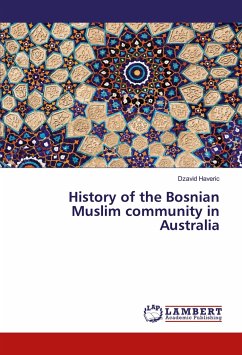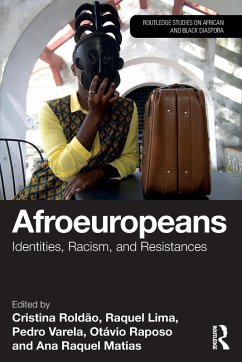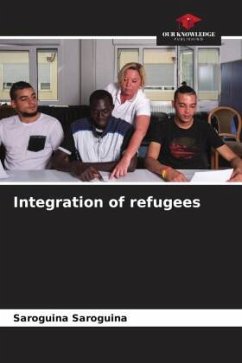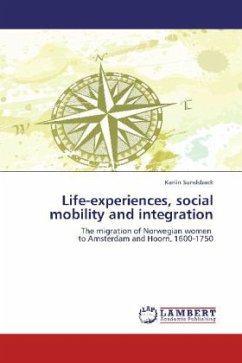
Re-integration of Ex-Combatants into Civilian Life
Versandkostenfrei!
Versandfertig in 6-10 Tagen
24,99 €
inkl. MwSt.

PAYBACK Punkte
12 °P sammeln!
This book examines the provision of rehabilitation welfare services or discharge benefits by the National War Fund to Southern Rhodesian ex-combatants who participated in the Second World War, and the effects of the rehabilitation modalities on ex-combatants. Making use of archival documents and other secondary literature this dissertation examines the organisation of the NWF, how it raised funds, provided welfare and how this created racial inequalities and gender disparities that caused discontent among some African ex-combatants. The book argues that, although some good came from the NWF, i...
This book examines the provision of rehabilitation welfare services or discharge benefits by the National War Fund to Southern Rhodesian ex-combatants who participated in the Second World War, and the effects of the rehabilitation modalities on ex-combatants. Making use of archival documents and other secondary literature this dissertation examines the organisation of the NWF, how it raised funds, provided welfare and how this created racial inequalities and gender disparities that caused discontent among some African ex-combatants. The book argues that, although some good came from the NWF, its policies were racially discriminatory and oppressive. When demobilisation and the end of the war came about, most ex-combatants, especially Africans, were unable to sustain their families and therefore, some engaged in political and labour activism that they believed would deliver change.












